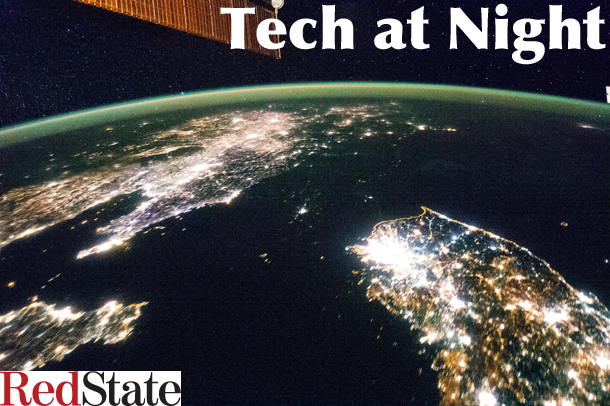
There’s a lot of fear going around about ACTA, the Anti-Counterfeiting Trade Agreement, a plurilateral agreement under the WTO between the US, the EU, Canada, Australia, New Zealand, Singapore, Japan, South Korea, and Morocco. Some of the fears look real, some don’t. For example, even though it was negotiated in secret, the text is easily available.
Another false complaint is that it’s another SOPA, when in fact such a claim misses the point. SOPA was a bad bill, as it turned out to be a censorship bill that defied due process, but the intent was to fight the problem of free riding on copyright and trademark. Crossing international boundaries has been a cheap and easy way to cash in on another country’s copyright and trademark laws without having to abide by them. SOPA tried to fix that in a crude, rude, and ineffective way. ACTA has more options, and doesn’t have to resort to censorship, necessarily.
I’ve just read the treaty. I don’t really see a problem. Even if infringement isn’t ruining the movies and music, trademark and copyright are Constitutional concepts worthy of protection. That’s why some of the anti-SOPA leaders are promoting their own bill.
The pro-liberty position is not one of anarchy. It’s time to get reasonable protections in place. Maybe I missed something, and ACTA is a problem. But the best argument I see against ACTA is that it only includes a few countries, and not those best known for infringement (such as China, either China in fact). ACTA may yet be harmless but ineffective, as opposed to SOPA being harmful and ineffective.
Continue reading »
When a person feels an earthquake, it tends to come in one of two varieties. There’s the brief, sharp jolt that comes from being near a minor earthquake, where one receives the localized high-frequency waves, and there’s the low rumbling that comes from being further away a larger earthquake, where one receives the low-frequency waves that travel further. Earthquakes strong enough to defy these two categories, strong enough to matter and close enough to be felt fully, are rare.
Throughout my entire life, there has been only one earthquake that left me with genuine concern for my surroundings, if only for a couple of seconds. This is true despite my living my entire life in earthquake country, apparently across town from an offshoot of the mighty San Andreas itself. That earthquake was an otherwise unremarkable earthquake in 2005. About 16 miles away from me a magnitude 4.9 earthquake struck Yucapia. This earthquake lasted just long enough, and shook just hard enough, that as it went on I was concerned for serious damage if it lasted too long or got any stronger. Fortunately it was only a 4.9 and did no such thing. However when it started I was sitting right where I am right now, at my desk. Though at the time I used a plain, old 6 foot plastic table as a desk, its top warped from my old, heavy computer resting on it for years. That warping, combined with the shaking, was causing a cup I had on the desk to slide.
When you’re used to earthquakes, they don’t cause you to panic. But when they hit, any sensible person will pause and evaluate the situation. That’s what I did when this one hit. I remember sitting there, staring at my cup as it shook, and realizing that this could be a big one. I had a moment of genuine surprise before I finally grabbed my cup to keep it from falling. And then, as the shaking continued, I got seriously concerned… just in time for the shaking to stop, and life to go on.
Continue reading »
The Japanese culture does not share quite the same sexual taboos that we have in the west. The differences are most notable in Japanese law on pornography and obscenity. While all Japanese pornography has long been required to be censored – a requirement going back the 19th century restoration of the Emperors over the Shoguns – Japan has long been vastly more accepting of sexual depictions of minors than the west. Pornography and prostitution of minors was legal in Japan until 1999, and even that major law set punishments that will look low to many of us.
Continue reading »
